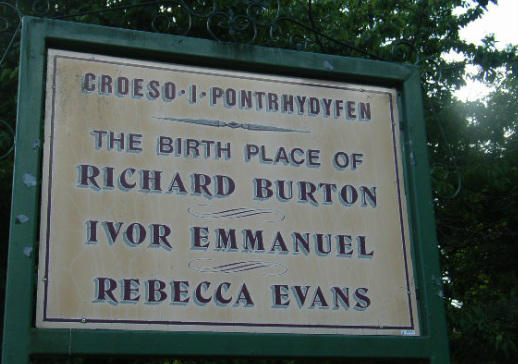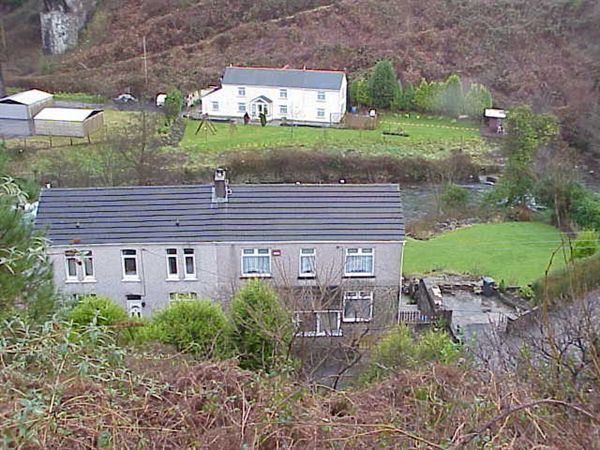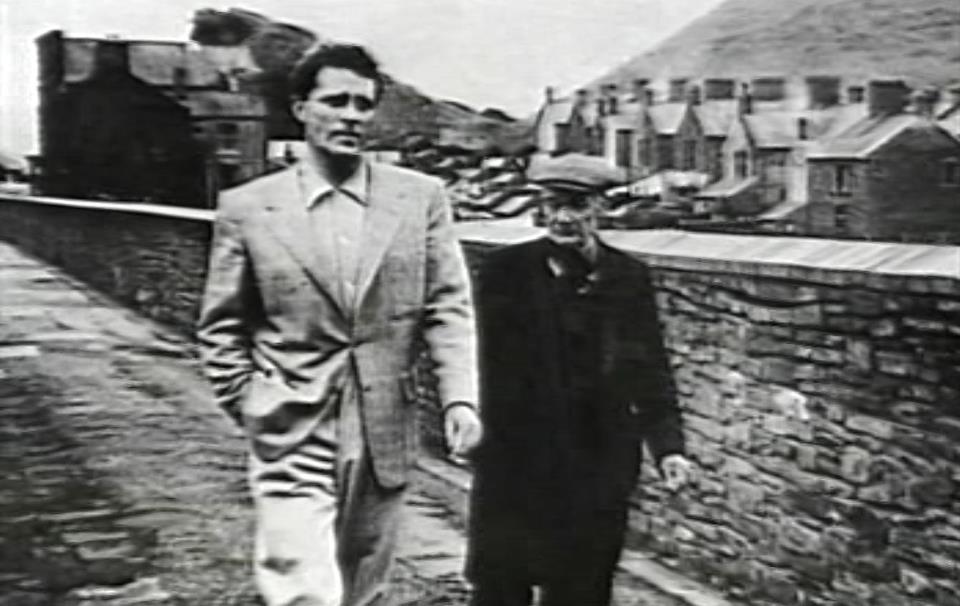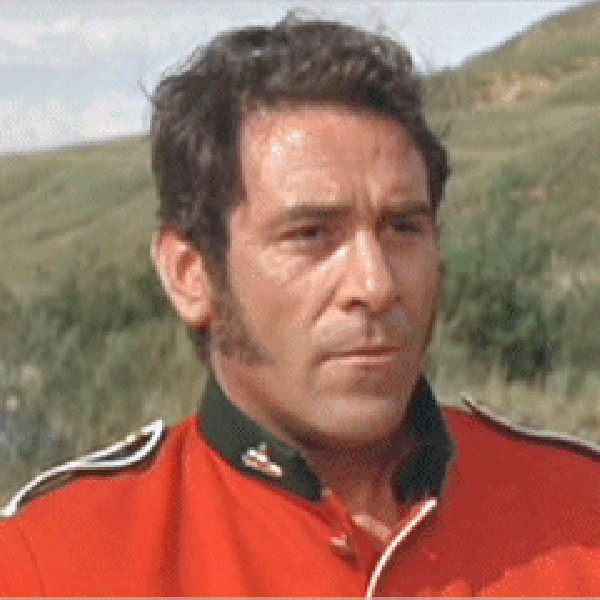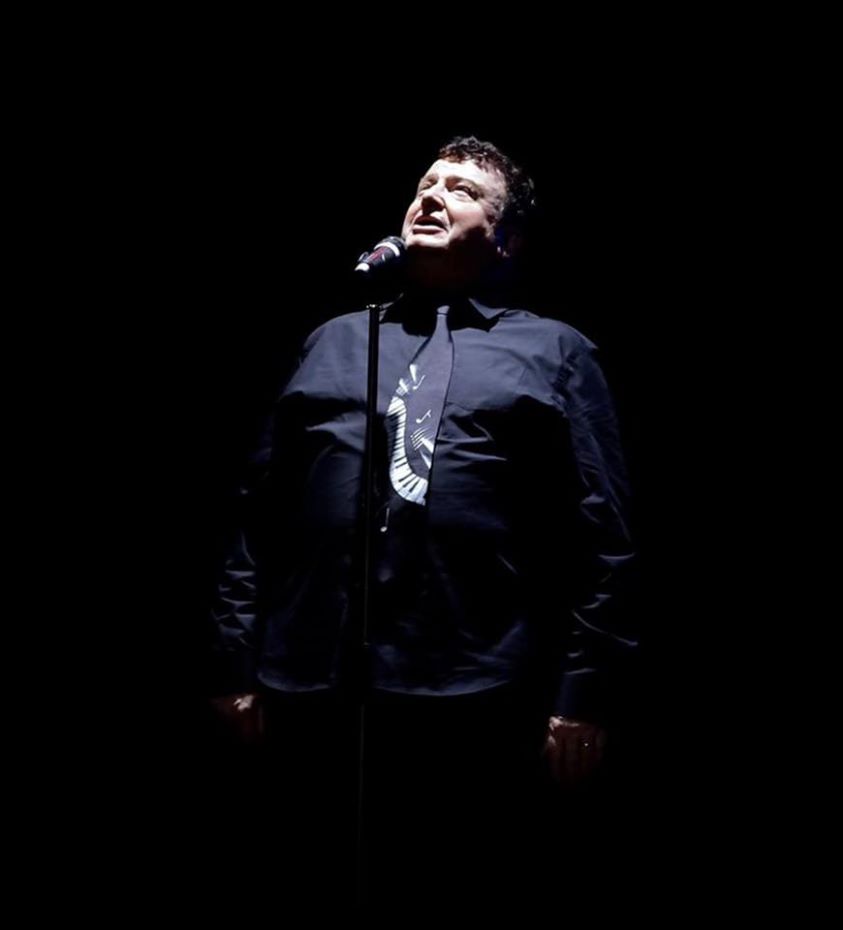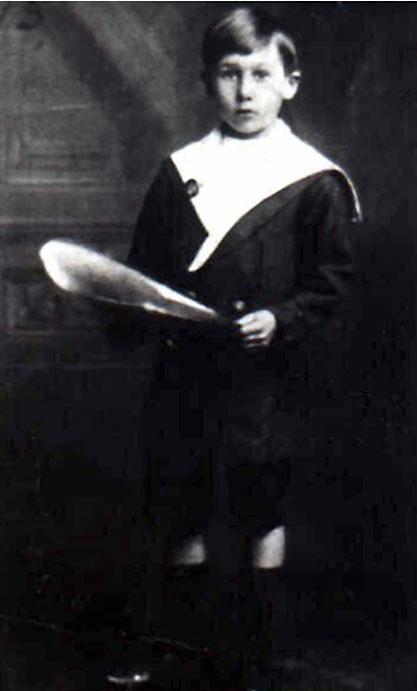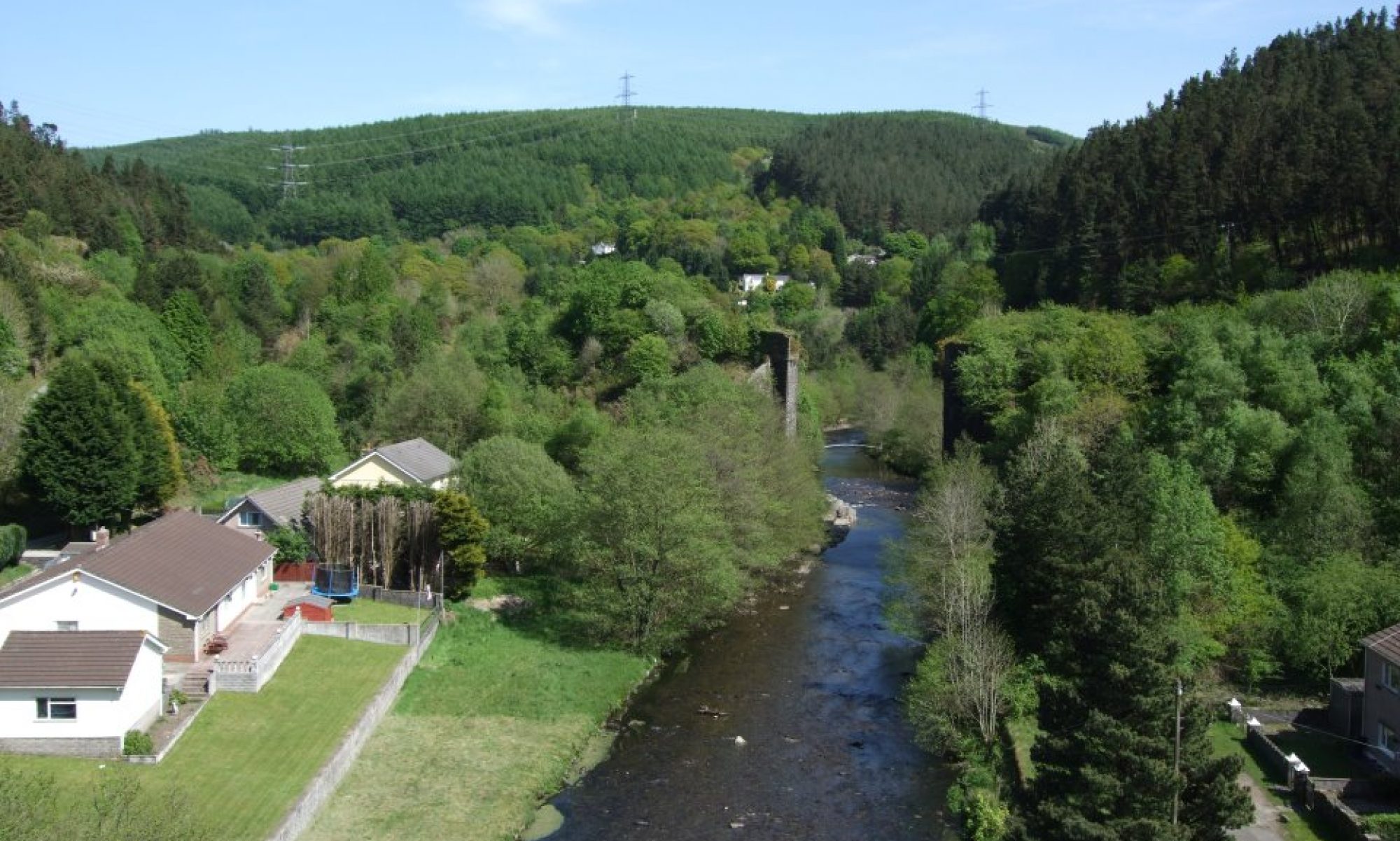Many of the people of the Afan Valley worked in the various enterprises of the industrial revolution, including iron works, tin works, copperminers, coal mining, and steel.
Welsh was the primary language of many, although it was diluted significantly by the influx of English-only speaking people from other parts of the UK during the industrial revolution and the subsequent huge expansion of the steelworks in Margam.
Religion played a significant role in the lives of Afan folk, as evidenced by the many chapels and churches of various denominations.
Pub life was also very evident throughout the valley, and pubs and clubs were a regular social gathering place.
Wales has long been called The Land of Song, and nowhere was this more clearly illustrated than in the Afan Valley. I have fond memories of growing up listening to and singing Welsh hymns and folk songs. Some of the “best” singing I’ve heard was at my father’s funeral. Rising from his home, valley folk could be heard singing in the street outside, while a small private service was conducted inside. The crematorium in Margam was packed to overflowing, and the singing “blew the roof off”, thanks to attendance by relatives, friends and members of The Afan Glee.
Dad sang from an early age. When he was just 8 years old, his father used to take him to “rich people’s houses” to sing and help put food on the table for the large family. In retirement, visiting us in California, Dad never missed an opportunity to sing. On one of our trips to Reno, Nevada, a 5 hour bus trip turned into 10 hours due to snow blocking the road in the Sierras. Dad suggested he and I entertain folks by singing. Almost 40 years later, folks still remember that singing.
It has often been said that rugby is a religion in Wales, and the people of Afan were no exception to the rule. I attended my first rugby game held at the Cwmafan rugby ground at the ripe old age of 6 months, and my father used to take me to see all the home games.
It was common for multiple people to have the same first and/or last names, so valley folks made the profession a part of someone’s name. Occasionally, they’d use some physical attribute or a hobby instead of the profession. Eddie the post, Tom Jones the insurance, Alec the rent, Roy the baker, Willie John the cobbler, and Jim one arm (a road sweeper) are some I recall from my days growing up. Dai Rainbow was the local men’s barber, and I assume that ‘rainbow’ referred to the multi colors of the barber’s pole.
An exception to the above was Tommy Cockwell, who everyone knew as the local undertaker and funeral director. I used to walk past his workshop and see him making and carving coffins with hand tools. The Cockwell’s Funeral Service name has been retained after the business changed hands several times when consecutive owners passed away. I’m told that Tommy’s original hand tools have been kept, although coffin-making today is quite different.
A number of celebrities were born &/or grew up in the Afan Valley, including actor Richard Burton, Singers Ivor Emmanuel and Rebecca Evans, singer/songwriter Geraint Griffiths, and radio host/entertainer Chris Needs. The village of Pontrhydyfen proudly recognizes some of these celebrities with a sign near Richard Burton’s birth home. Actor Anthony Hopkins was born and grew up in Margam, a suburb of Aberafan, not strictly in the Afan Valley.
Much has been written elsewhere about the celebrities, so I’ll limit this to a few comments:
Richard Burton was born Richard Jenkins. He left school ‘early’ to work in a grocery store. But one of his teachers, Philip Burton, who had recognized his talents, convinced Richard’s parents to allow him to adopt Richard. Thus the Burton name. Philip Burton encouraged Richard to return to school and, from there, he went on to university at Oxford.
Ivor Emanuel, known for his acting career and rich baritone singing voice. At the age of 14, he and his brother were the only survivors when the family house in Pontrhydyfen was hit by a ‘leftover’ bomb dropped by a WWII German bomber returning home from a raid on Swansea. Ivor was brought up by his aunt, while his brother was brought up by an uncle. During his acting career, Ivor co-starred with Stanley Baker in the movie Zulu, and led the singing to counter the Zulu chant.
Chris Needs was a talented singer, entertainer, and radio host. Born and raised in Cwmafan, Chris went on to showcase his talents in local shows and cabaret acts. His radio show “In The Garden” was popular among listeners.
Anthony Hopkins was born in Margam, a suburb of Aberafan. He was inspired by local actor Richard Burton. After graduating from the Welsh Royal Academy of Music and drama, he attended the Royal Academy of Dramatic Art. His professional film career is well known.
For an illustration of life in a mining valley and how the speaking of their home/primary Welsh language by schoolchildren in many Welsh villages was discouraged, read the book How Green Was my Valley (5) by Richard Llewellyn (1939). Or watch the movie (6) with the same title (1941) starring Walter Pidgeon and Maureen O’Hara.
Some interesting, and sometimes humourous, prose referring to people of Afan can be found in Sad flows old Afan (8), a collection of poems by Alan Davies.
